 |
 |
 |
 |
|
 |
 |
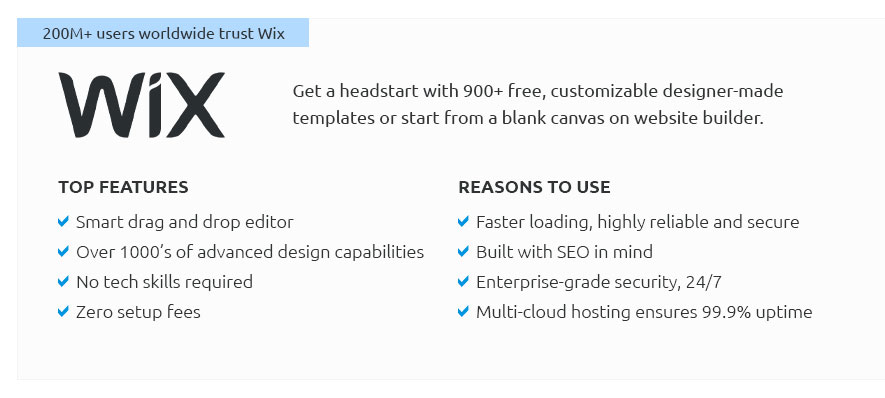 |
|
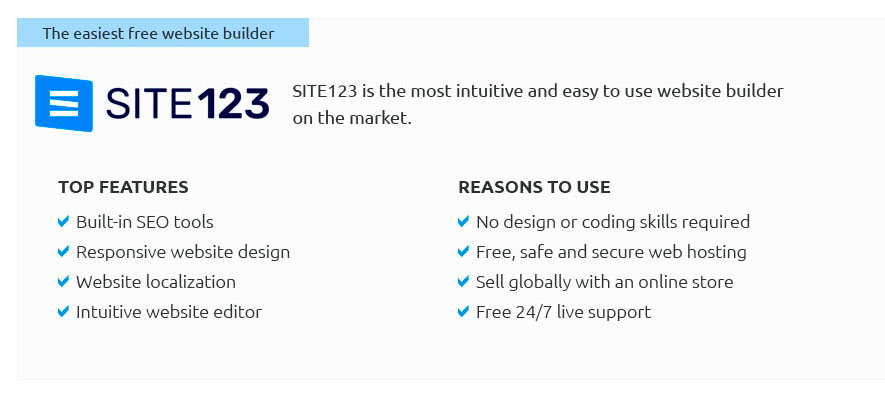 |
|
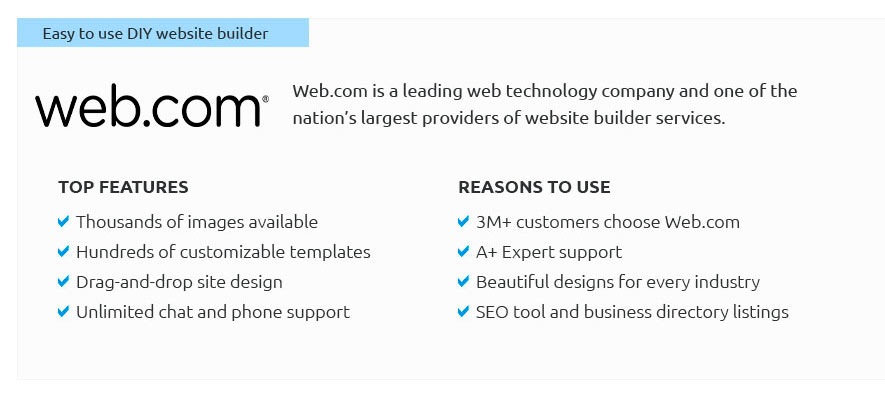 |
 |
|
 |
|
 |
|
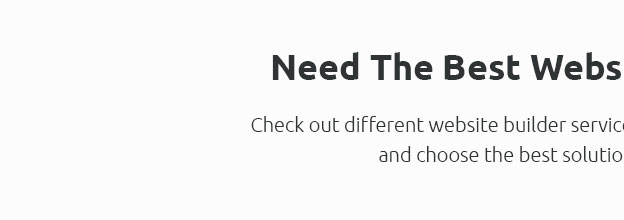 |
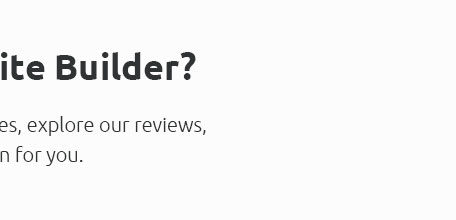 |
Fastest Way to Build a WebsiteIn today's digital age, the ability to swiftly and efficiently create a website is a skill that is not only desirable but often necessary. Whether you are an entrepreneur, a small business owner, or a creative professional, having an online presence is crucial. Fortunately, the evolution of web development tools has made it easier than ever to bring your vision to life without the need for extensive coding knowledge. Traditionally, building a website required a deep understanding of HTML, CSS, and JavaScript, alongside proficiency in design principles. However, in recent years, platforms such as WordPress, Wix, and Squarespace have revolutionized the process, enabling users to create stunning websites in a fraction of the time. These platforms offer intuitive drag-and-drop interfaces that make the design process more accessible to novices. WordPress, in particular, is a powerhouse in the realm of website creation, powering over a third of the world's websites. Its open-source nature allows for extensive customization through a vast library of plugins and themes. With WordPress, one can quickly establish a blog, an e-commerce site, or a portfolio with relative ease, especially with the help of page builders like Elementor or Beaver Builder.
While these platforms are incredibly efficient, the fastest way to build a website often depends on the specific needs of the project. For example, if one is looking to set up an online store, Shopify might be the fastest and most effective solution due to its robust e-commerce capabilities. Similarly, for personal branding, a simple one-page site using a tool like Carrd might suffice. Beyond the choice of platform, understanding the purpose of your website is paramount. Are you looking to sell products, showcase your work, or simply provide information? This clarity will guide you in selecting the right tools and features. Moreover, investing time in planning your site's structure and content before diving into the design can save considerable time in the long run. In conclusion, while there are numerous ways to build a website quickly, the key lies in selecting the right platform that aligns with your goals, leveraging the available tools to streamline the process, and maintaining a clear focus on the site's purpose. By doing so, you can ensure that your website is not only built quickly but is also effective in achieving your objectives. https://10web.io/blog/easiest-way-to-build-a-website/
Steps - Use HTML to write the frontend code. - Use CSS to style your content. - Use JavaScript to add interactivity and functionality. - Choose ... https://www.quora.com/What-is-the-fastest-way-to-build-a-professional-website
The fastest way to build a professional website is by using website builders such as Wix, Squarespace, or WordPress with a pre-designed template ... https://www.youtube.com/watch?v=VYcvc_2z2dw
18:45 Go to channel How To Build a Website in 2024 - No Code Website Builder - Easy to Hard Oliur Online19K views
|